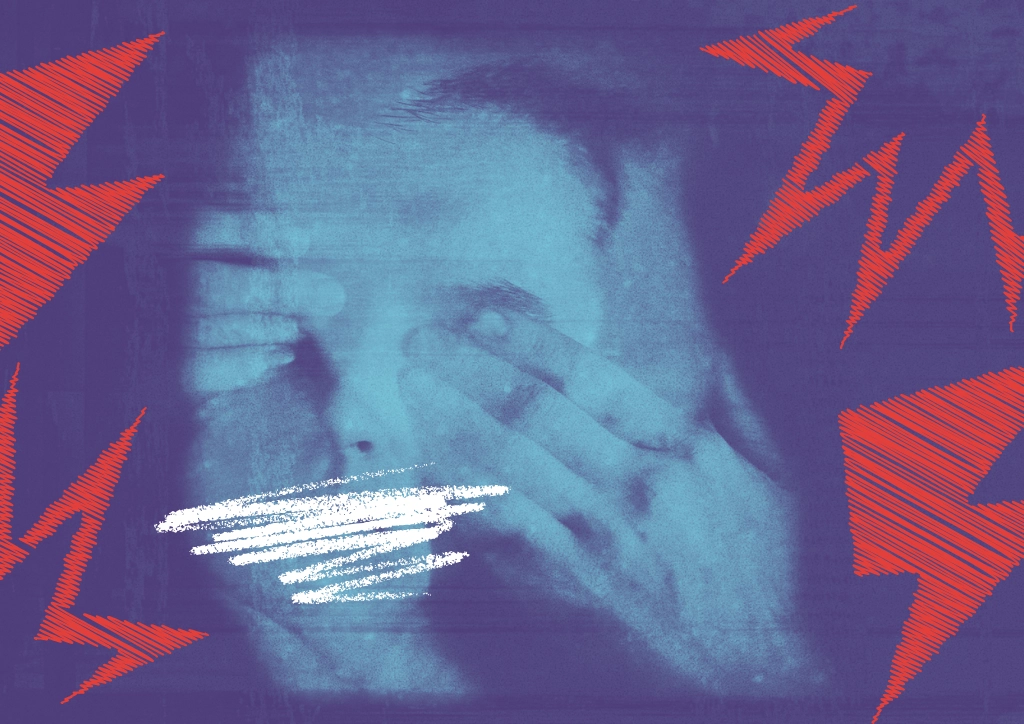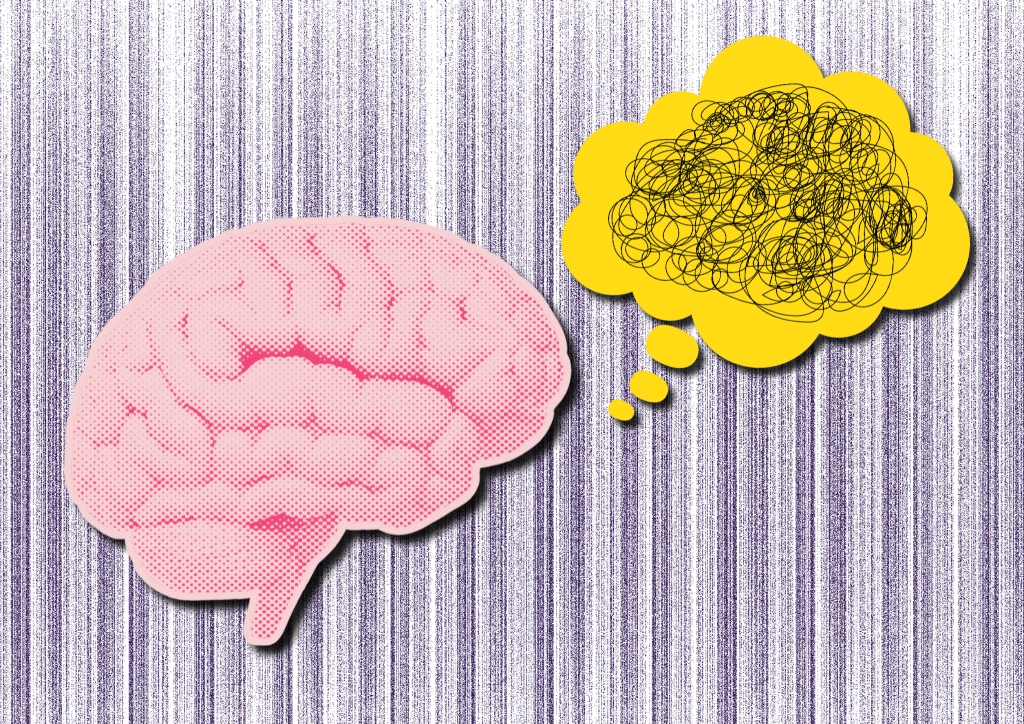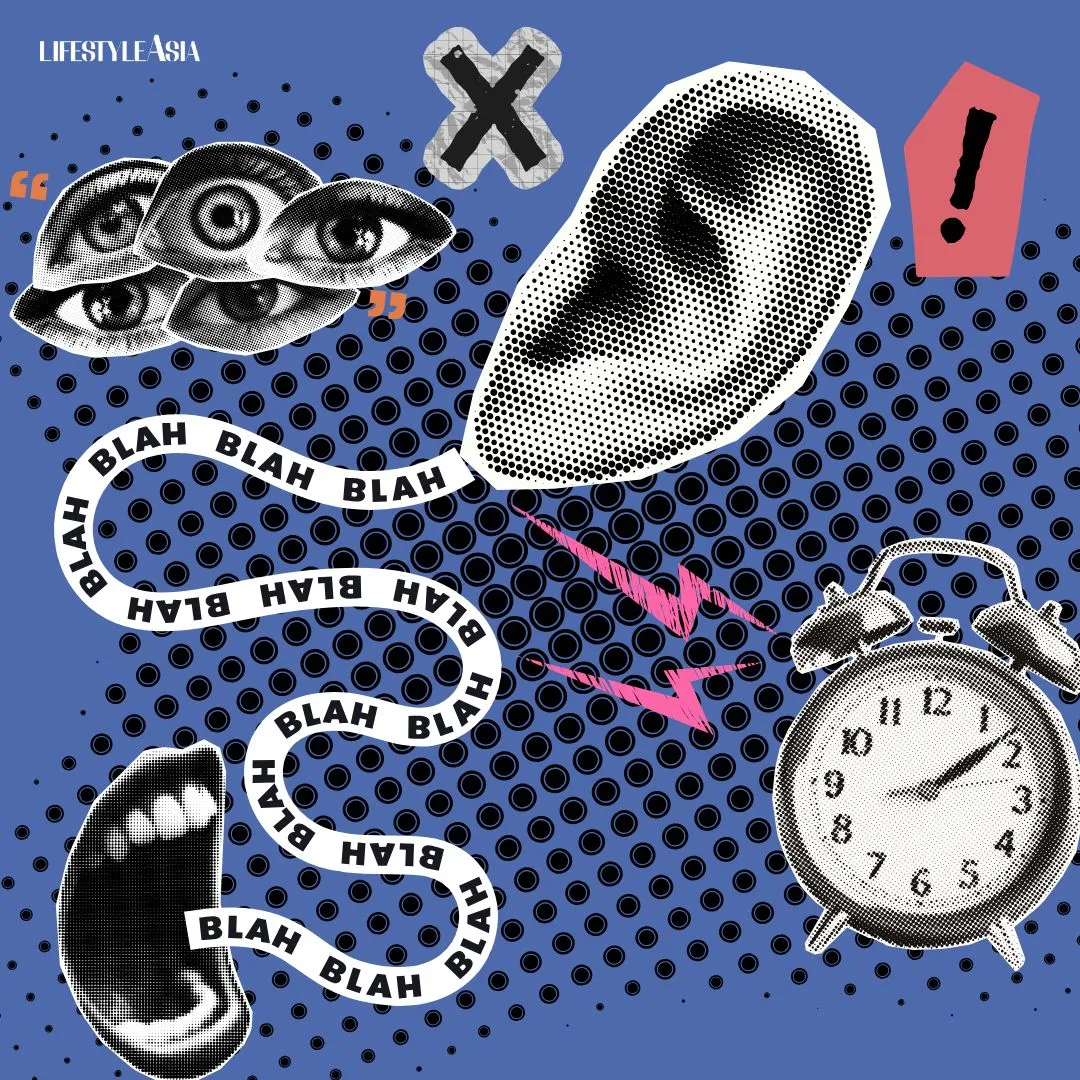Head throbbing, patience gone, brain on fire? You’re probably feeling overstimulated.
Have you ever been to a mall on a Sunday evening? Huge crowd, music constantly playing, the sound of conversations and laughter filling the air—then all of a sudden, your head is pounding, you’re suddenly not in the mood for anything, and you become a little grumpier than normal. If so, then you might be overstimulated.
Overstimulation—often referred to as sensory overload—occurs when the brain receives more sensory or cognitive input than it can comfortably process. It’s the overwhelming feeling that arises when there’s simply too much happening at once. Whether it’s loud noises, bright lights, or a mind crowded with too many thoughts, sensory overload sets in when one or more of the senses are pushed beyond what they can manage.
Don’t worry, though: according to experts, being overstimulated or experiencing sensory overload is completely normal. It’s simply your mind signaling that it needs a moment to recalibrate. And in a world where everything moves fast and demands our attention at once, it’s no surprise that more people are feeling this way. The good news? Learning to recognize these moments is the first step toward managing them and giving yourself the space to breathe again.

READ ALSO: A Five-Day Sojourn of Renewal With Stephanie Zubiri
Being Overstimulated: What Is It?
So what does it really mean when someone says they’re “overstimulated”? In the simplest terms, it’s when your senses are getting bombarded and your brain’s just like, “Whoa, too much, slow down.” According to experts from the Cleveland Clinic, sensory overload happens when input from one or more of your senses—sight, sound, smell, touch, or taste—becomes so intense or chaotic that your brain struggles to process it normally.
Imagine walking into a crowded restaurant: dozens of conversations hum around you, bright lights flicker, the air smells like garlic and perfume, and someone brushes past you in a scratchy sweater. Your brain is trying to juggle all of that, and sometimes it just implodes. When overload hits, it’s not just mental chaos. Your sympathetic nervous system (that’s the fight-or-flight system) may ramp up, triggering physical reactions like a racing heart, sweating, or even dizziness.

Symptoms vary wildly from person to person. Some feel anxious, irritable, or totally unable to focus. Others might experience more physical reactions: trembling, flushing, or that digital “loading sign” feeling. As mentioned earlier, sensory overload doesn’t discriminate; it can affect anyone, but it’s especially common in people with conditions like autism, ADHD, PTSD, or sensory processing disorder.
At the end of the day, sensory overload isn’t a personal failing—it’s simply your brain asking for a breather. But if it’s happening often or starting to disrupt your routine, it’s worth checking in with a professional who can help you sort through your triggers and find coping strategies that suit your needs. A little guidance can go a long way in making the world feel a bit calmer and easier to navigate.
FREQUENTLY ASKED QUESTIONS
Being overstimulated—also known as sensory overload—happens when the brain receives more sensory or cognitive input than it can comfortably process. It’s the overwhelming feeling that arises when too much is happening at once.
Loud noises, bright lights, crowded spaces, or even having too many thoughts at once can trigger sensory overload. For example, being in a mall on a busy Sunday evening can overwhelm your senses.
Yes. Experts say it’s completely normal. Overstimulation is simply your mind signaling that it needs a moment to recalibrate.
When input from one or more senses becomes too intense or chaotic, the brain struggles to process it normally. This can activate the sympathetic (fight-or-flight) nervous system.
Physical reactions may include a racing heart, sweating, dizziness, trembling, or flushing.
People may feel anxious, irritable, unable to focus, or suddenly overwhelmed.
Anyone can experience it, but it’s especially common in people with autism, ADHD, PTSD, or sensory processing disorder.
What should I do if I feel overstimulated often?





